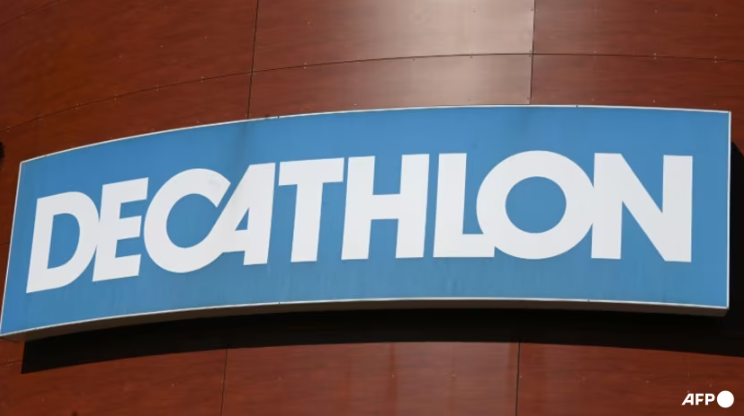Skip to content
- PARIS: French sports retail giant Decathlon has secretly kept selling clothes in Russia despite officially pulling out in protest at Russia’s war in Ukraine, a media report published Tuesday (Dec 19) said.
- The multinational retailer, which reported sales of 15.4 billion euros (US$16.9 billion) last year, announced within weeks of Russia’s invasion of Ukraine that it would withdraw from the Russian market.
- In October of this year, it sold its 60 local Russian outlets to Desport, the story in investigative media site Disclose said, a move that was presented as marking the end of its Russian presence.
- “Except it wasn’t,” the story said.
- In recent weeks, “very discreetly”, Decathlon had continued to source Desport with products carrying its flagship names Quechua, Wedze and Kalenji, Disclose said.
- Citing internal documents, open-source videos and statements from former staff, Disclose said that Decathlon had put in place “a vast system to conceal its exports as part of a supply agreement with Desport” which it said was worth at least US$12 million, using a shell company in Dubai and a Singapore-based subsidiary.
- The plan, Disclose said, took Decathlon “to the limits of legality”.
- “I learned in the summer of 2023 that Decathlon wanted to continue selling its products in Russia,” the media quoted an unnamed person who recently left the company as saying.
- “I immediately understood that it was a secret project.”
- To meet Russian demand, Decathlon diverted part of its production originally intended for EU markets, and boosted output at Asian production sites, the report said.
- EU sanctions following Russia’s attack on Ukraine on February 24, 2022, made it illegal to send weapons, luxury goods or equipment that could strengthen industrial capacity to Russia.
- Sports stories are not on the list.
- Asked for comment by AFP, Decathlon said that it “operates no stores in the Russian Federation, employs no staff and owns no stakes in active companies in the country”.
- It added that Decathlon was doing “everything to stop the resale on Russian Federation territory of products purchased in Europe by third parties”.
